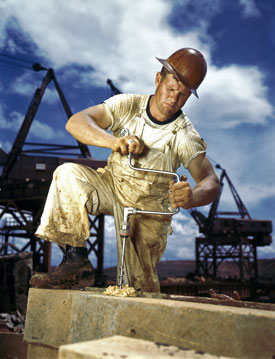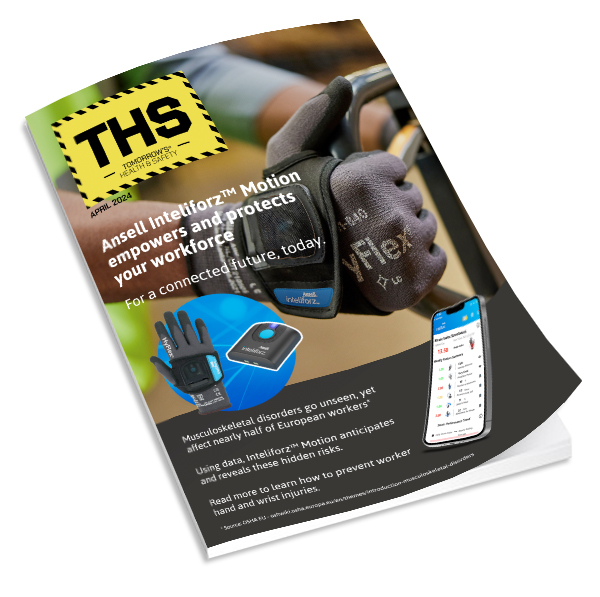The incident involving the 215kg heavy skip, which occurred on 23 February 2012, left Ryan unable to work for 17 months.
An investigation by the Health and Safety Executive (HSE) found that there was no thorough examination certificate for the shackle on the excavator, and the shackle was defective.
Site manager Christopher Crowley, of Dominion Drive, Collier Row, London, and self-employed construction worker, Michael Kernan, of CYC Coastal Club, Marine Parade, Sheerness, both pleaded guilty to breaching Regulation 9(1)(a) and 8(1) (c) of the Lifting Operations and Lifting Equipment Regulations 1998 respectively.
Speaking after the case HSE inspector Melvyn Stancliffe said: “Mr Crowley should have taken the shackle on the excavator out of use when he inspected it two days before the incident as he had not seen a thorough examination report for it.
“The law is clear that lifting accessories must not be used unless they have been thoroughly examined in the previous six months and that there is a report available to prove that.
“Mr Kernan, an experienced construction worker, accepted that he did not fully screw in the pin on the shackle as he should have done and as a result it failed.
“Lifting accessories are not complex items but if they are not used properly or are not thoroughly examined periodically then the consequences can be serious. The practice known as ‘backing off’, unwinding the pin by a quarter of a turn, is not safe and shouldn’t be used.
“This case highlights the importance of ensuring simple checks are carried out properly and that equipment is used correctly.”



















